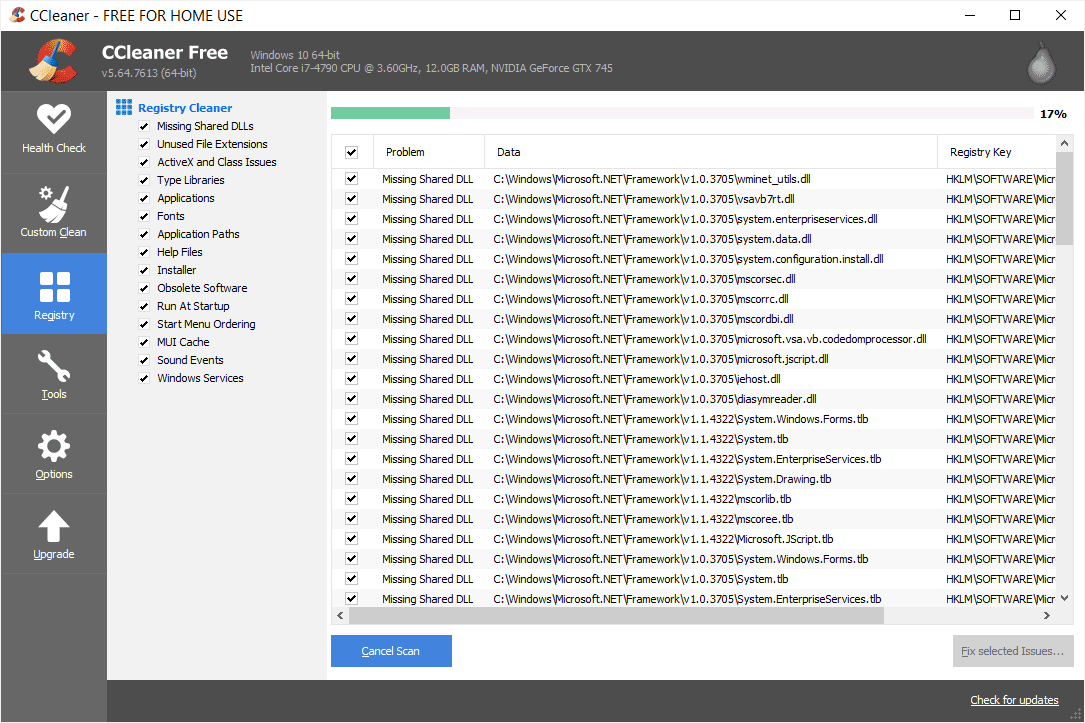



The company denied that it exposed the identities of users, but added new options for user control over collection. Then it was discovered that CCleaner incorporated a new component, Active Monitoring, that collected computer data without the consent of the user. In 2018, consumers began complaining about unwanted bloatware added to download files, as well as a tremendous number of irritating pop-ads. In 2017, downloaded copies of CCleaner surpassed the 2 billion mark.īut after Piriform was bought out by Avast in 2017, CCleaner and Avast took a few hits. In the early 2000s, it was earning rave evaluations from reviewers, garnered top scores in tests, was termed a "must-have" tool by leading publications and topped at least one respected list of most popular utilities for more than a year. Microsoft Defender warns users of its concerns and then allows users to either halt or proceed with installation.ĬCleaner, originally named Crap Cleaner when the small company Piriform released it in 2004, had a sterling reputation through 2017. Microsoft said it objects to "misleading or inaccurate claims about files, registry entries, or other items on your PC." Microsoft stated that while users can decline to authorize automatic installation of the bundled programs, some users inadvertently install them anyway. The free version of CCleaner is packaged with Google Chrome browser, Google Toolbar, Avast Free Antivirus and AVG Antivirus Free. "To protect Windows users, Microsoft Defender Antivirus detects CCleaner installers that exhibit this behavior as potentially unwanted applications." "While the bundled applications themselves are legitimate, bundling of software, especially products from other providers, can result in unexpected software activity that can negatively impact user experiences," according to Microsoft's PUA notice. In this instance, however, the company appears to be focusing on the manner of CCleaner's distribution as part of a multi-program software bundle as its main concern. Microsoft has long scoffed at third-party registry cleaners as potentially causing problems. Microsoft Defender (until this May known as Windows Defender) has begun tagging the free version of Avast CCleaner as a PUA-Potentially Unwanted Application.ĬCleaner excels at detecting and resolving common computer registry problems such as missing references to shared DLLs, unused registry entries for file extensions, and missing references to association paths. This week, Microsoft told CCleaner: "You're not wanted any more."


 0 kommentar(er)
0 kommentar(er)
